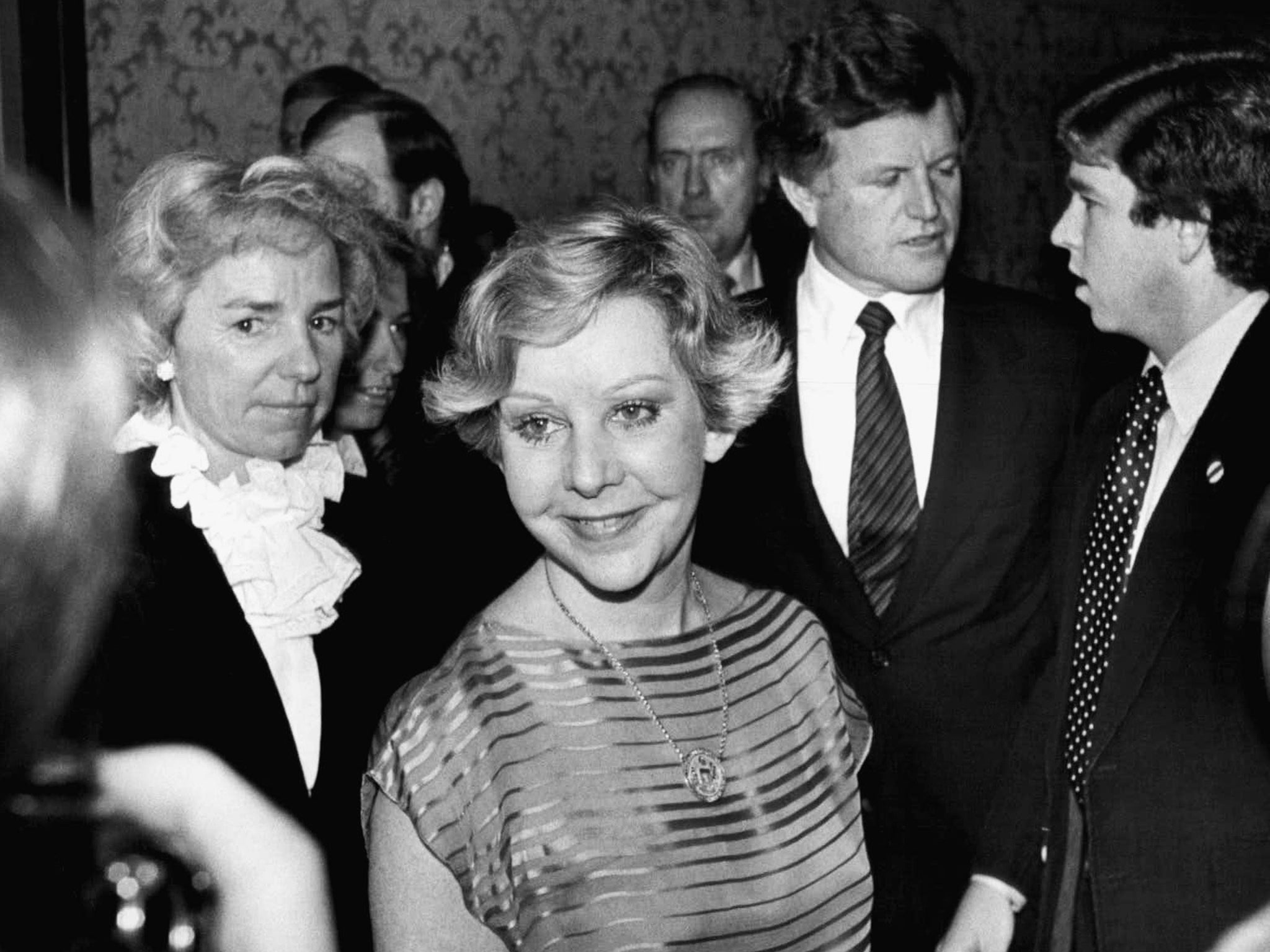Jane Byrne: Politician who remains the only woman to serve as mayor of one of the three largest cities in America

Jane Byrne, the only female mayor in Chicago history, established a milestone for women’s advancement in the US.
She was also the exception that proved rule No 1 of city politics: that the Democratic machine runs the show. Last but not least, she was the beneficiary of an eternal verity of the Second City. Woe betide a mayor who doesn’t clear the snow.
Her election in 1979 made her not just the first woman to run Chicago but the first to lead an American municipality of more than 2 million people. To this day she remains the only woman to have served as mayor of one of the country’s three largest cities, New York and Los Angeles being the others.
Her ascent was in part the result of a series of accidents: the death of her political mentor, the redoubtable mayor, Richard J Daley, among whose top aides she was the only woman; her fall-out with, and subsequent firing by, Daley’s successor Michael Bilandic; and then a series of mighty winter storms that dumped 90 inches of snow in the city.
Even then though, she might not have won. But the Bilandic public works department’s seeming neglect of black neighbourhoods enraged a core Democratic constituency; its failure to pick up rubbish infuriated everyone. Then word leaked of a friend of Bilandic who was paid $90,000 for compiling a report finding that the best way of shifting snow was to shovel it.
Thanks to this inept, clumsy handling of a weather emergency, Democratic loyalists found themselves sick and tired of a machine that had failed them. They deserted Bilandic en masse and crossed to Byrne, handing her a narrow win. In an overwhelmingly Democratic city, victory in the general election two months later – when she garnered a record 82 per cent of the vote – was a foregone conclusion.
But most of all, her success was a triumph of the will. Petite and all of 5ft 2in tall, Byrne was not exactly physically threatening. She was, moreover, an outsider, who by taking on Bilandic, Daley’s chosen successor, was challenging a seemingly immutable order. “We don’t want nobody nobody sent,” was the celebrated dictum of an earlier Chicago ward boss, true to the doctrine of personal recommendation, and favours given and repaid. Nobody had sent Byrne – but she ran and won anyway.
“The machine killed itself,” she proclaimed with typical brio before the primary. “I’m going to run it straight and run it clean. There will be no clout.” (Not by coincidence “clout”, a term for power and influence that has entered the Anglo-Saxon political lexicon worldwide, was originally a Chicago coinage.)
Governing, however, was another matter. Byrne was proof of another political verity, that once they get in power, outsiders often don’t know what to do with it. In her case, having ditched the machine, she re-adopted its methods once in the mayor’s office. She hired and fired with gusto; there were strikes by teachers and firemen.
She was accused of running the city with “a whim of iron” and her mistakes earned her the title of “Calamity Jane”. Most damning perhaps was the verdict of Chicago’s pre-eminent newspaper columnist, in an age when newspapers mattered. Her entourage, wrote Mike Royko of The Chicago Sun-Times, was “as amazing a collection of political connivers, wheeler-dealers, misfits, incompetents and deadbeats as I’ve ever seen.”
The end came in the Democratic primary of 1983, when she was defeated by Harold Washington, who went on to be Chicago’s first black mayor. But her true nemesis was another Daley, Richard M, son of the Boss and later mayor himself.
The younger Daley had become a sworn Byrne foe and ran as a spoiler third candidate, splitting the white vote. Without Daley, Byrne probably would have won. In 1987, she tried again, but once more lost to Washington.
Failure, however, masked significant long-term achievements. Byrne pushed through a first measure getting handguns off Chicago streets. Critics said she paid too much attention to downtown, but by launching cultural festivals and opening up the city to Hollywood films (starting with The Blues Brothers), she is widely credited with initiating the transformation of Chicago into the vibrant international metropolis it is today.
And all the while this female pioneer had to fight the sexism of her age, at which the city media were no slouches. As she told an interviewer in 2004, “I think the City Hall reporters felt they had always covered Mayor Macho, and now they’ve got somebody in a pink suit and high heels and it’s not their cup of tea.”
Margaret Jane Burke, city official: born Chicago 24 May 1933; Mayor of Chicago 1979-1983; married 1956 William Byrne (died 1959; one daughter), 1978 Jay McMullen (died 1992); died Chicago 14 November 2014.
Join our commenting forum
Join thought-provoking conversations, follow other Independent readers and see their replies
Comments